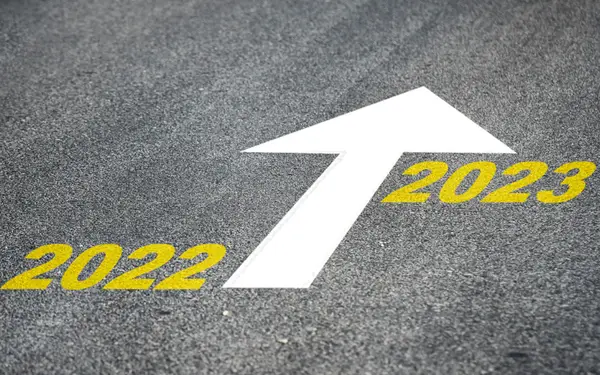How do you think executive search will look in 2023?
Regarding the trends that we talked about earlier such as hybrid or remote work models, I think in 2023, companies will hopefully settle down a little bit and have comprehensive policies to accommodate all models. There are still a lot of financial institutions in the US currently trying to figure out a long-term plan in this respect. Stabilizing things in this area will also make it easier from a recruiting standpoint because people know what they're getting into and what to expect.
Over the past, I would say six months in the US, it’s been a candidate market. So, the candidate has more control than the hiring company. Because the candidate has been bombarded with recruiters’ outreach, whether internal or external, making contact is tough because it's a very tight labor market here in the US. Interestingly, if there is a relocation involved these days, a lot of candidates will agree to relocate but not right away, especially those with families or other local commitments. They might even want to commute on a trial basis and then commit to the move if it’s a good fit. And so, I think because it's a tight candidate market and because of the pandemic, candidates feel they can set the parameters for what they want. I think 2023 might see employers taking the reins a little more in this respect and being more assertive in terms of their expectations of potential employees which is something we are already beginning to observe.


